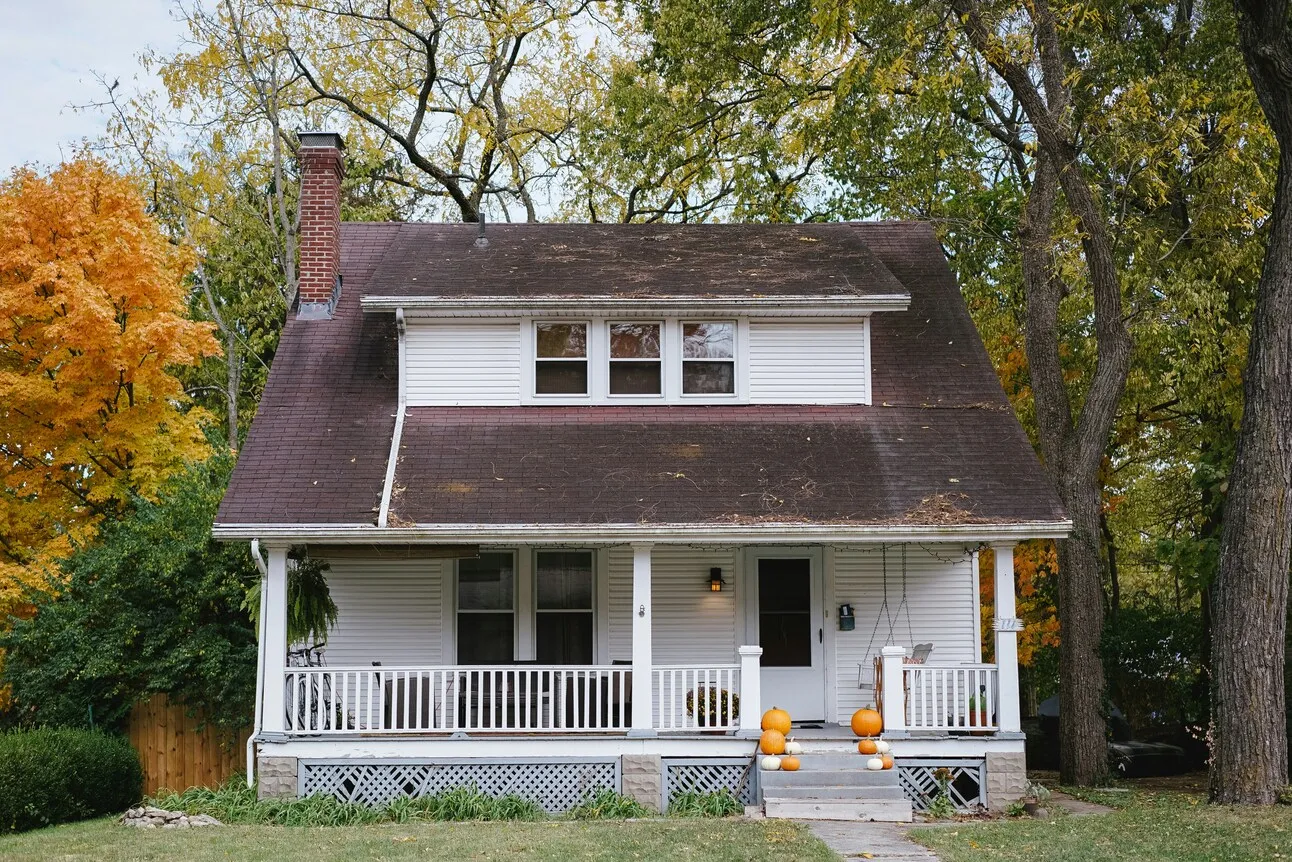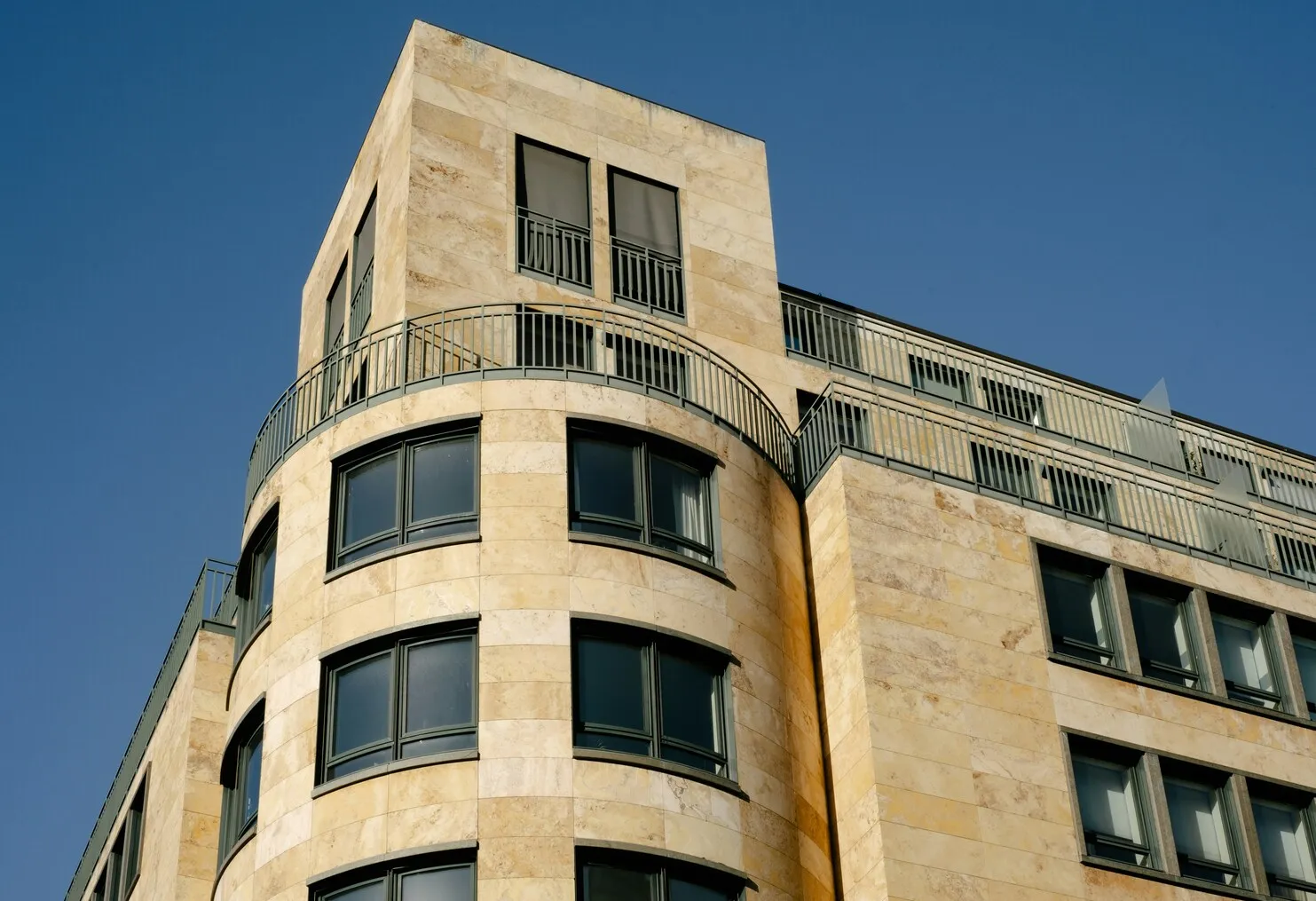An unusual perspective on real estate as investment
Published: August 29, 2025

There are thousands of influencers and gurus on the internet who praise the superiority of real estate as an investment. Depending on where you live, it might be amplified by society too. There are a lot of cultures on this planet where owning your own home, or ideally as much real estate as possible, is of utmost priority.
We could open a separate topic on whether buying your own home is a good idea, but this is an investment blog and not a personal finance blog, so I’ll skip that. Let’s focus on real estate as a wealth-building asset. Existing in a vacuum, I think real estate is a very lousy investment today. It generates subpar returns from both renting and value increase. And if you read other posts from this blog, you might recall that I still keep a significant amount of my wealth in it. So am I just another charlatan from the internet then? Let’s take a deeper look.
This is the main reason I’m fascinated by investment products, because there is always more depth you can go into. Looking at it in isolation, real estate is not a good investment, but looking at it in context, it could be. That’s what I want to investigate further in this piece.
The Investment in a Vacuum
Let’s start looking at real estate in a vacuum. The basic idea of everyone aiming to become a real estate investor.
“I’ll buy a property and rent it out. It will make me rich.”
Let’s see some numbers for how an average deal looks like. We’ll use Frankfurt, Germany as our example. A standard 70m² apartment costs around €510,000. But that’s not the price you pay. In most countries, you’ll have to add the closing costs. In Frankfurt specifically the property transfer tax is 6.0% (€31,000), the notary and land registry takes another 2% (€10,000), and a broker probably charges ~3.6% (€18,000). Your real entry price is almost €570,000.
Now we should try to rent it out. In a good location you might get €1,200 a month in rent, which is €14,400 a year. If you do the math, that’s a gross yield of just 2.5% on your total cost. It takes 24 years to recoup your investment!
Now let’s discount the basic operating costs and start paying taxes. As the owner, you pay for property management, you set money aside for future repairs, and you cover the risk of the apartment sitting empty between tenants. That can easily shave €1,400 off your annual income. Your yield drops to 2.3%. And you still have to pay income tax on that profit at your personal rate (in Germany at least). The number just keeps getting smaller.
The initial numbers rarely tell the whole story though.
Now try to even improve or renovate your property. A new bathroom can cost you €15,000. A new kitchen, another €10,000. These aren’t small expenses, they are major investments that further weigh down your actual returns. This math will work for most of the property types out there. On its own, the picture looks bleak.

The Levers of Return
So what are we missing? We are missing the entire context.
First, let’s add the cultural reference of owning a home and the basic human need for it. Shelter isn’t a luxury, it’s a necessity. People don’t have to own Microsoft stocks or T-Bills when times are tough, but they have to live somewhere. This underlying need is what fundamentally moves property prices, along with key drivers like population growth in cities, rising salaries, and the simple scarcity of available housing. There is a reason they say:
“buy land, they’re not making it anymore.”
Now, let’s enter the government and taxes. Suddenly, the picture changes. The government allows you to deduct the interest you pay on your mortgage from your taxes. It also lets you depreciate the building’s value over 50 years (at 2% a year), creating a significant tax deduction even though no money is leaving your pocket. Most importantly, if you hold the property for more than ten years, you sell it completely tax-free. This is a benefit that most other asset classes simply don’t have. These are the conditions in Germany, but many other countries try to support real estate investment and/or ownership. Providing housing for their citizens aligns with their interests after all.
Next, enter the aspect of leverage. This is where the real power is unlocked. A bank will lend you hundreds of thousands of euros to buy a property, secured by the asset itself at a reasonable rate. This allows you to control a €550,000 asset with maybe €110,000 of your own money. If that property’s value increases by just 3% in a year (€16,500), your return on your equity is 15%. You’ve used the bank’s capital to magnify your returns.
Finally, there’s the uniqueness of each deal compared to stocks. You cannot influence the performance of a stock you own. With property, you are in control. You can renovate to increase the value, you can find better tenants to improve cash flow, and you can negotiate a good price to enter the deal on favorable terms.

Conclusion
So, when you look at it more thoroughly, real estate is not about the 2.4% yield. It’s a vehicle. A vehicle for taking on leveraged, tax-advantaged debt to buy a scarce asset that meets a fundamental human need. It’s not a passive investment, and it definitely requires work. But its role in a portfolio is not to be a simple income producer, but a powerful, long-term wealth builder driven by forces far beyond the four walls of the property itself.
Can we help you find the real estate strategy that works for your specific needs?